Towards Maximizing Important Lessons on Citizen Journalism and Network Building: APMM and partners kick off first regional workshop under the “You Are Not Alone” Project
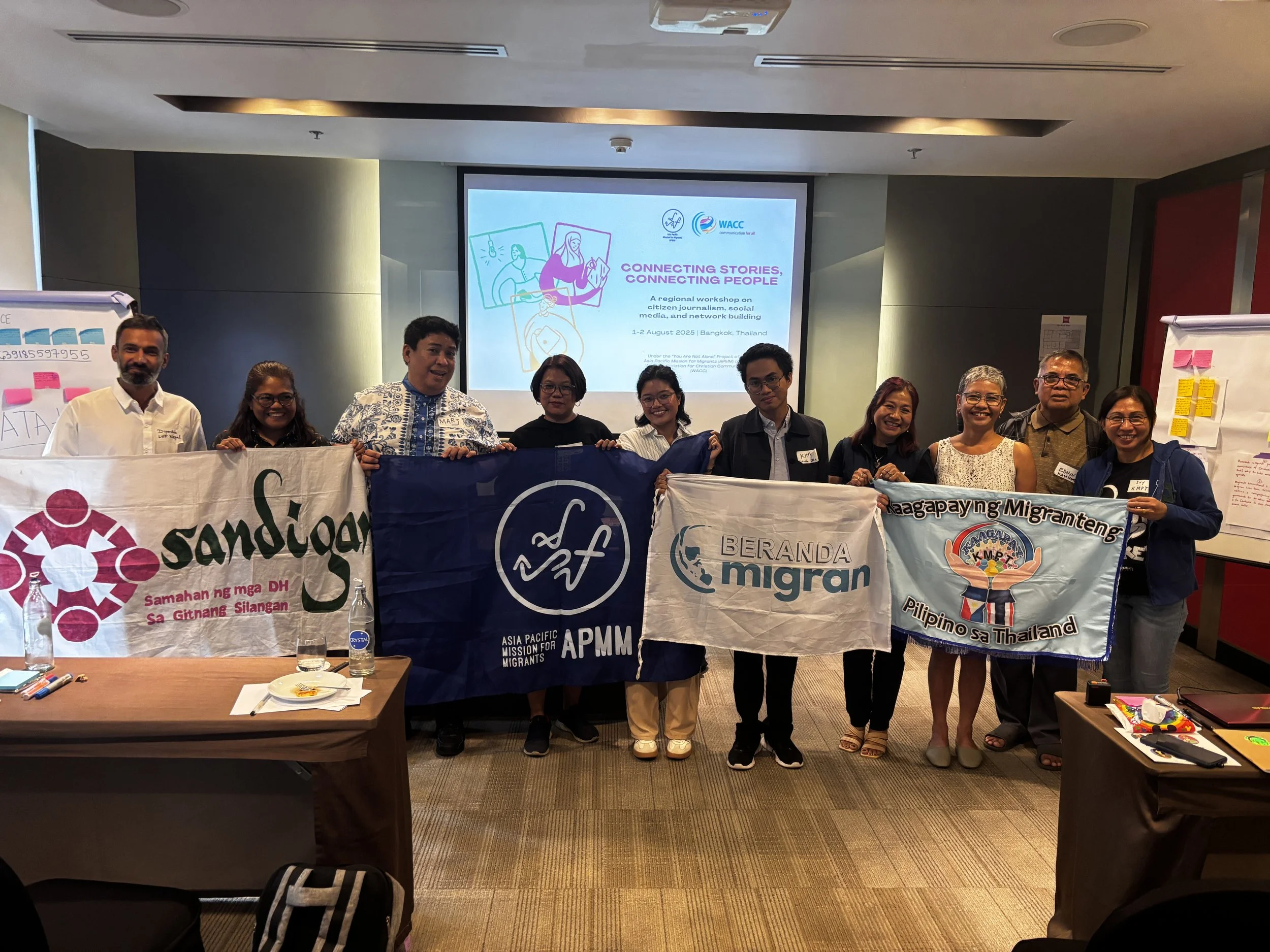
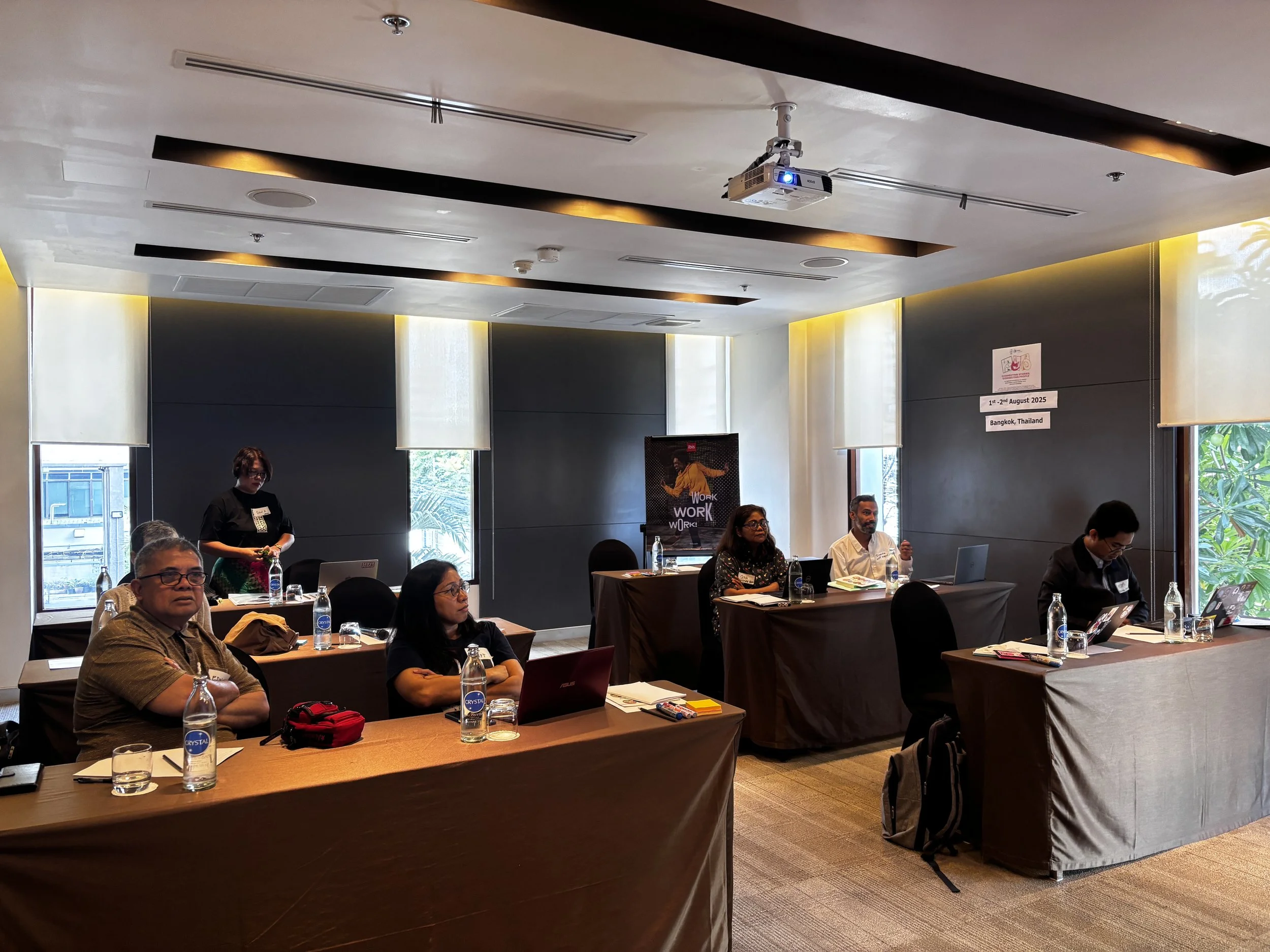

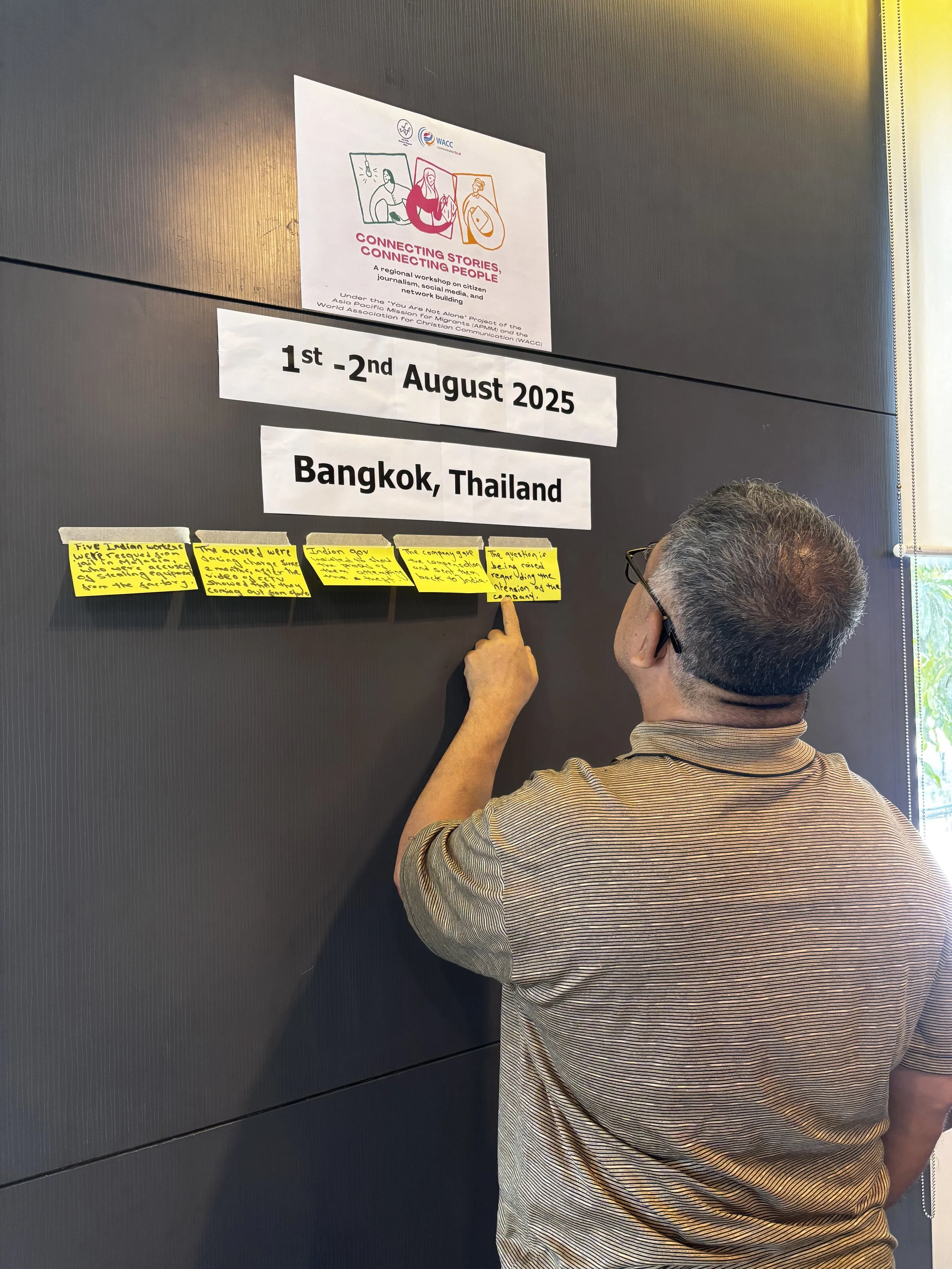
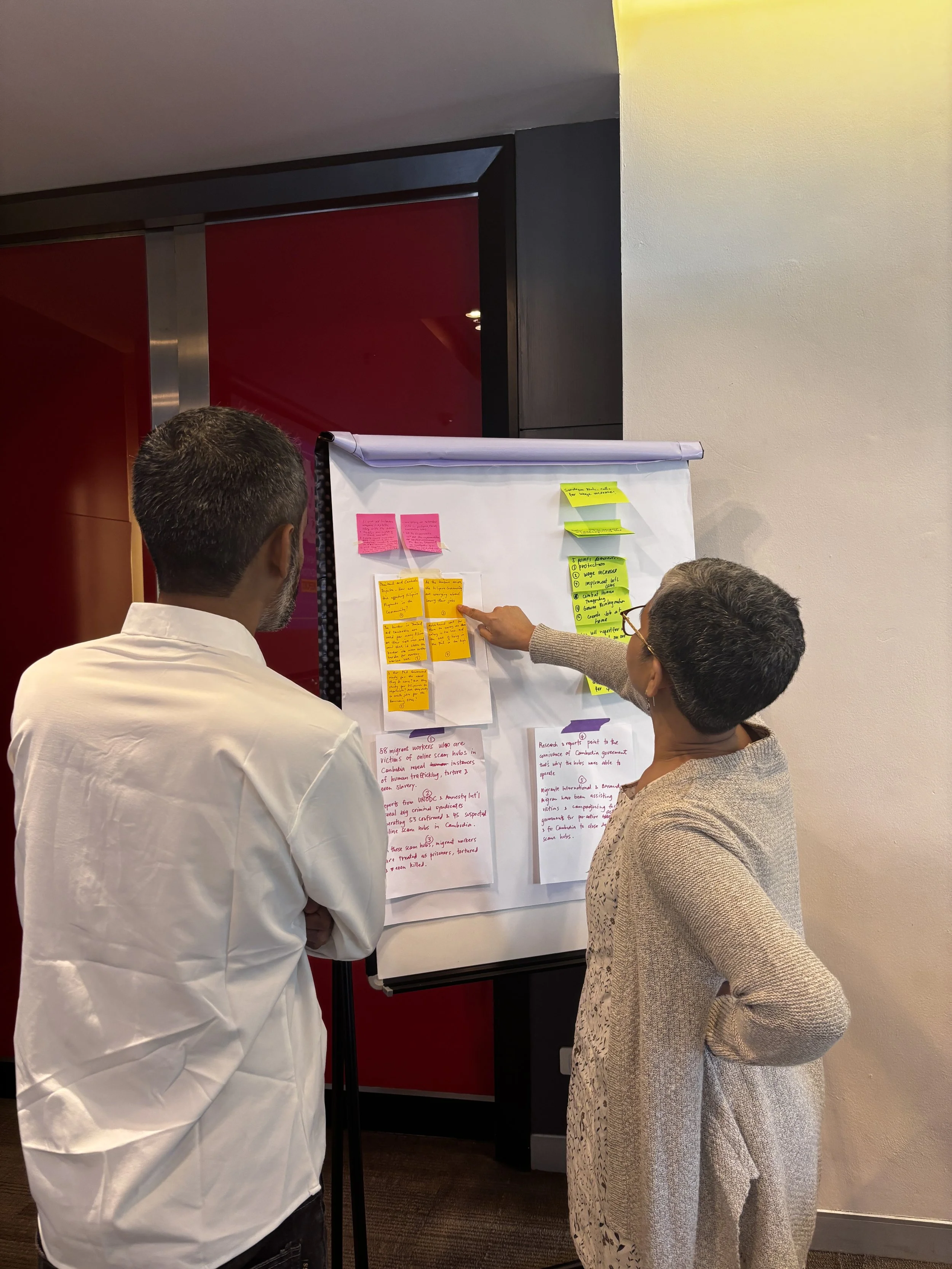



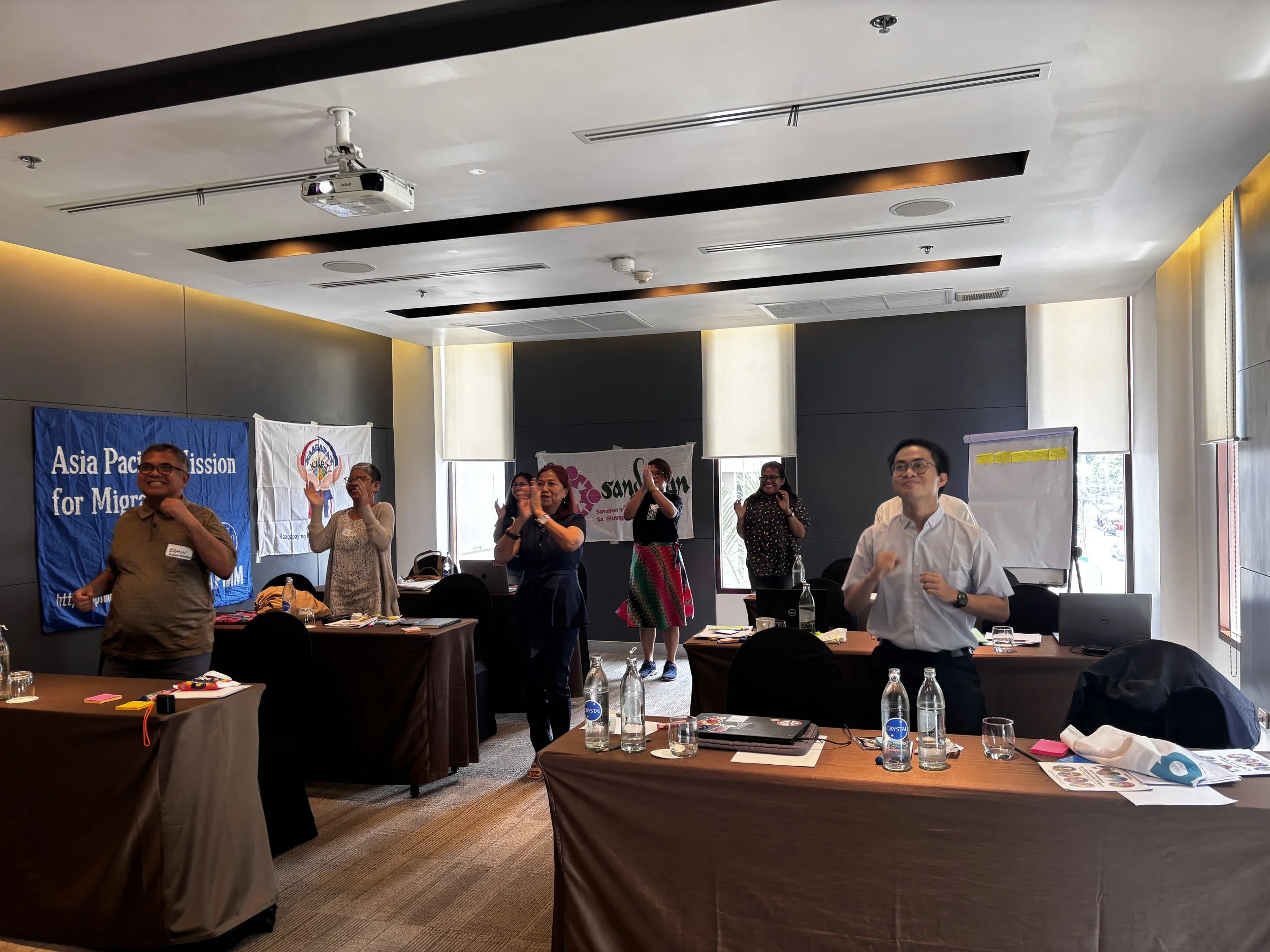

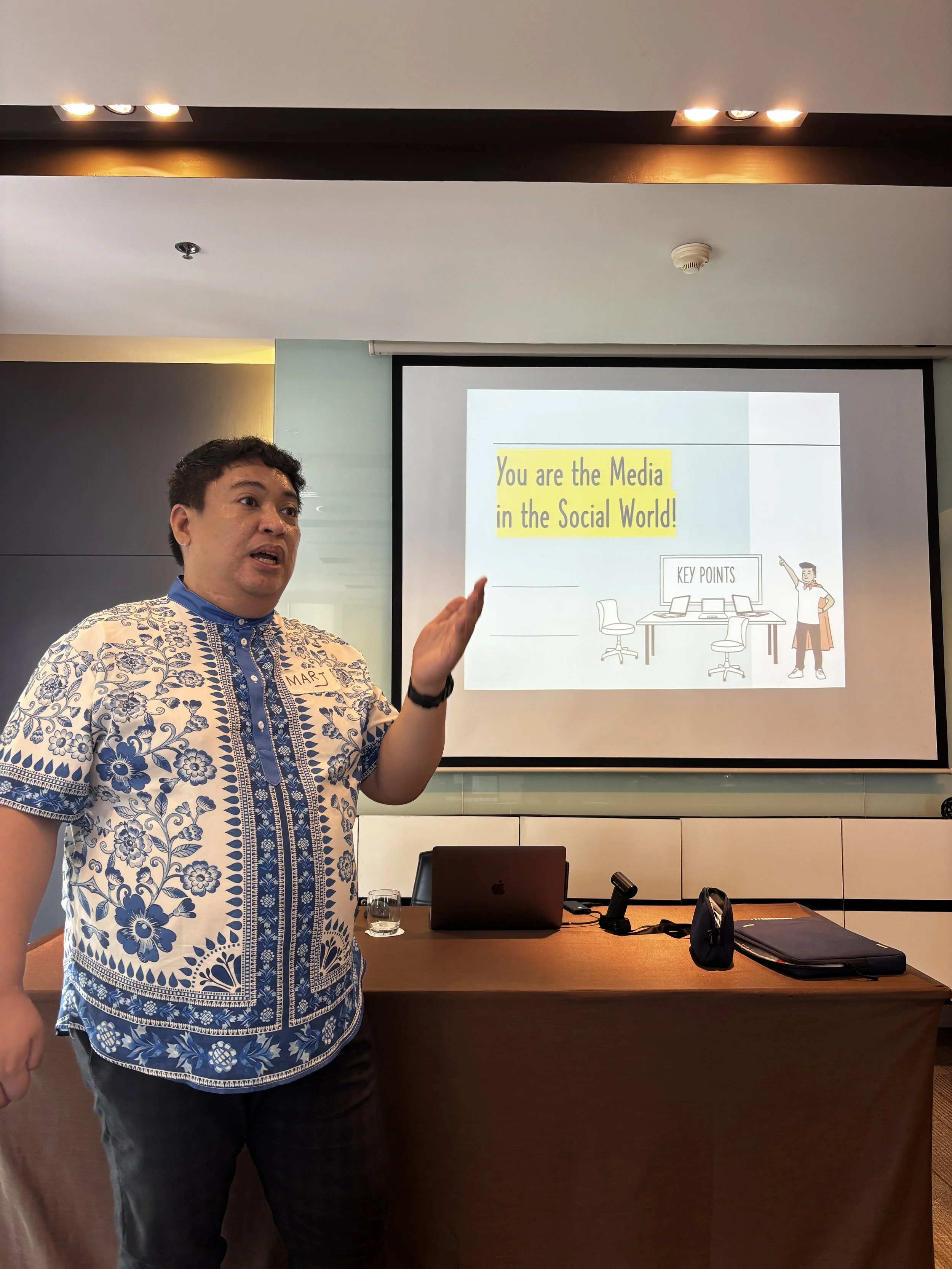
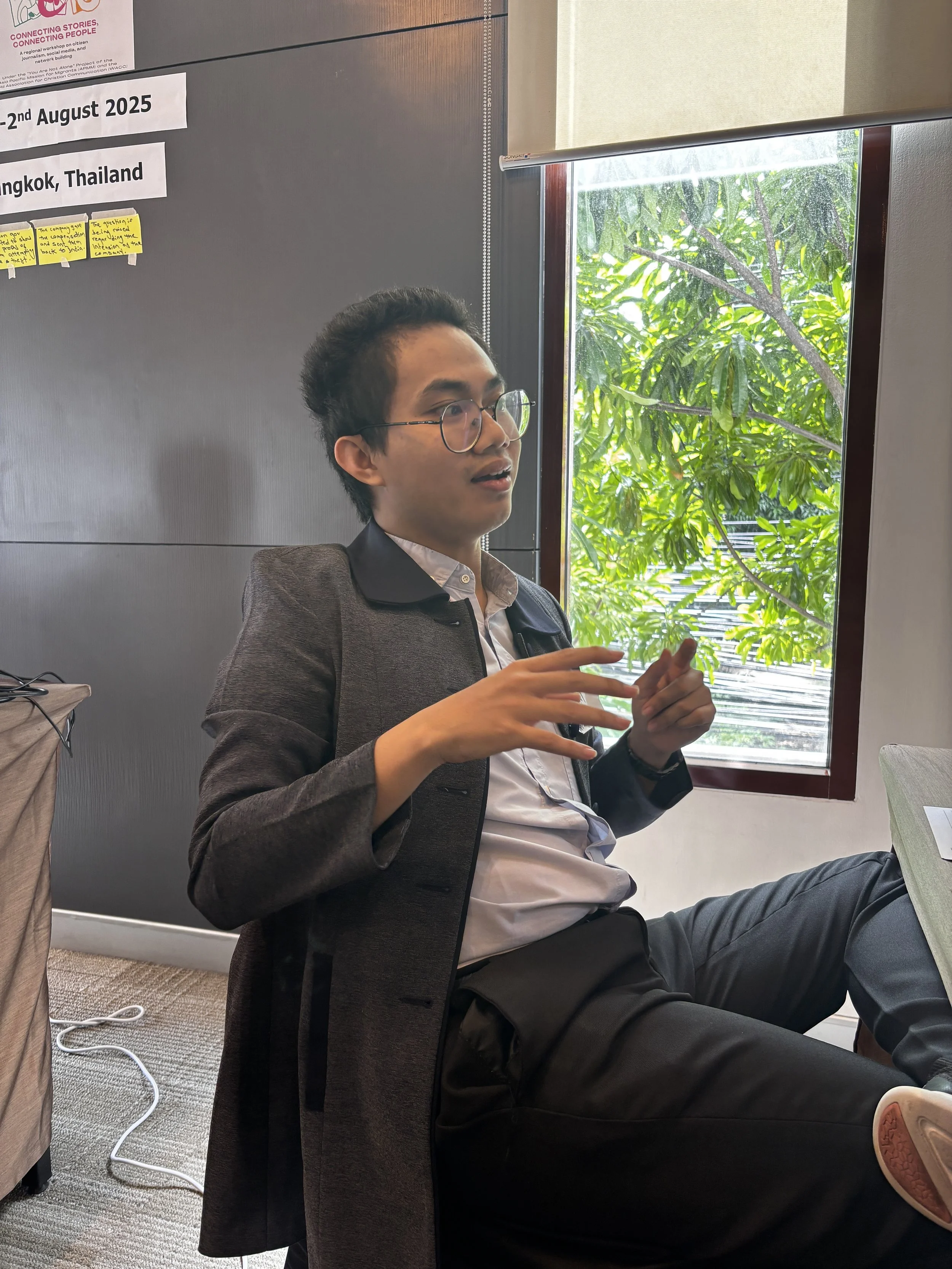


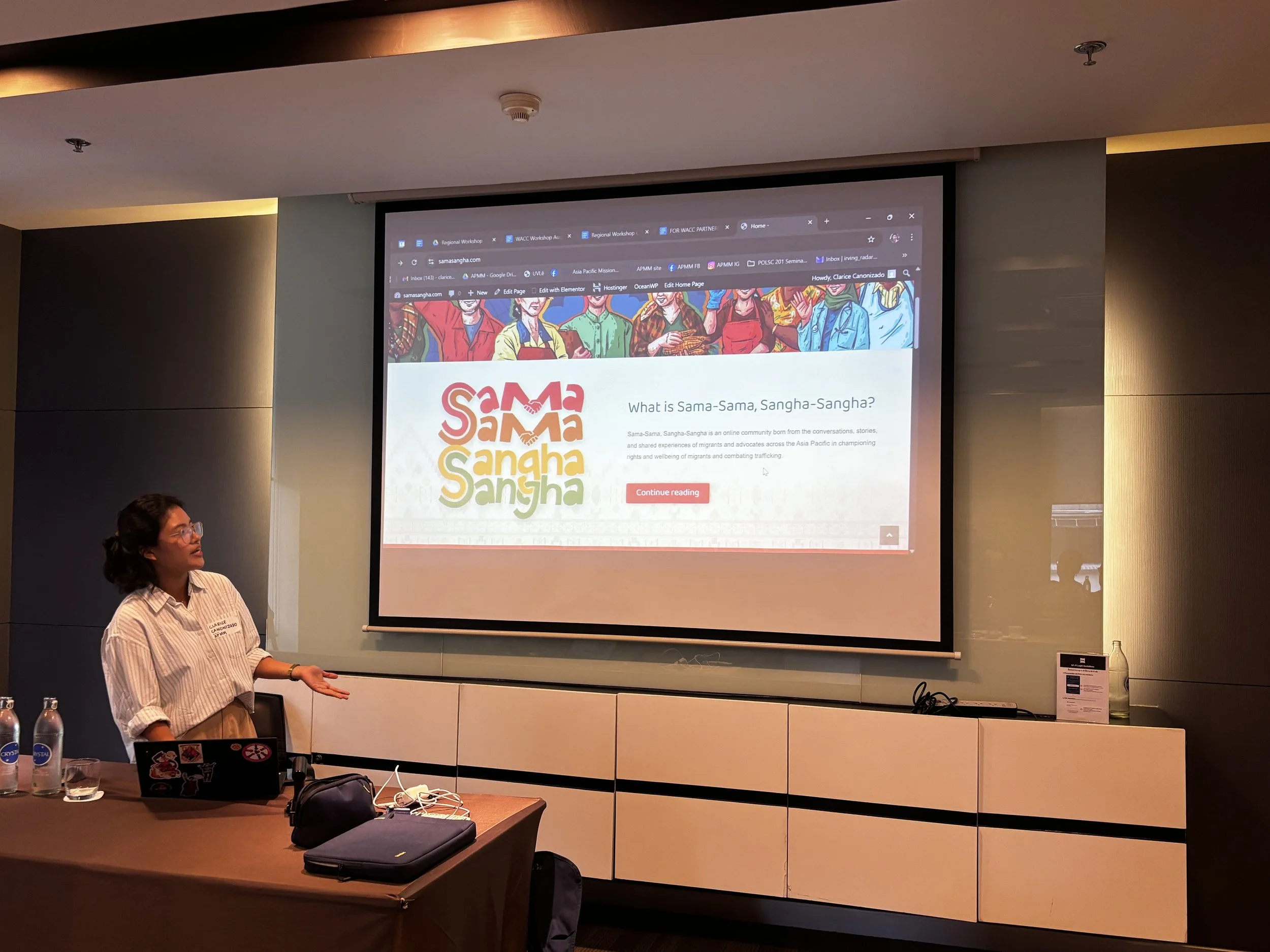

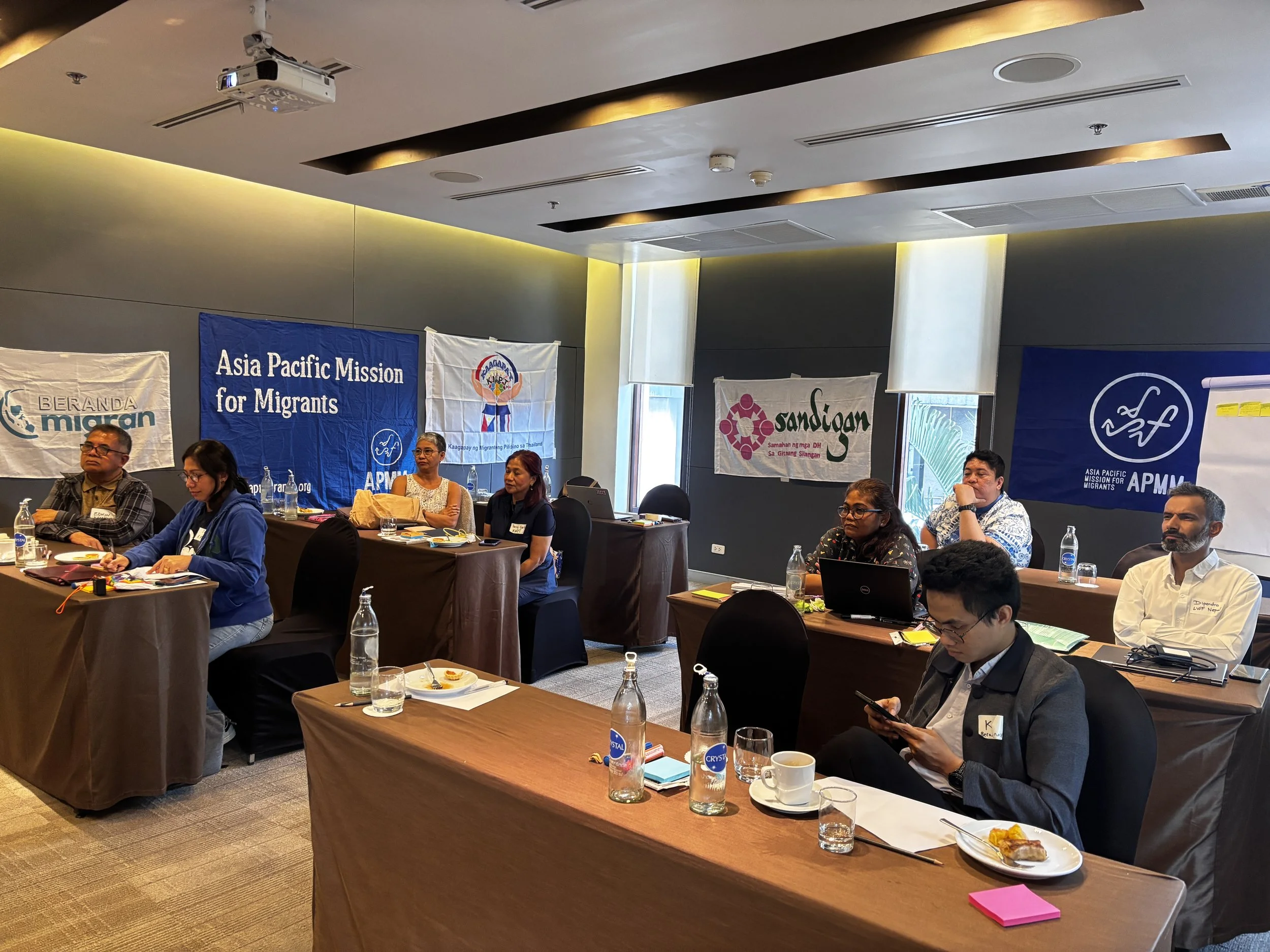
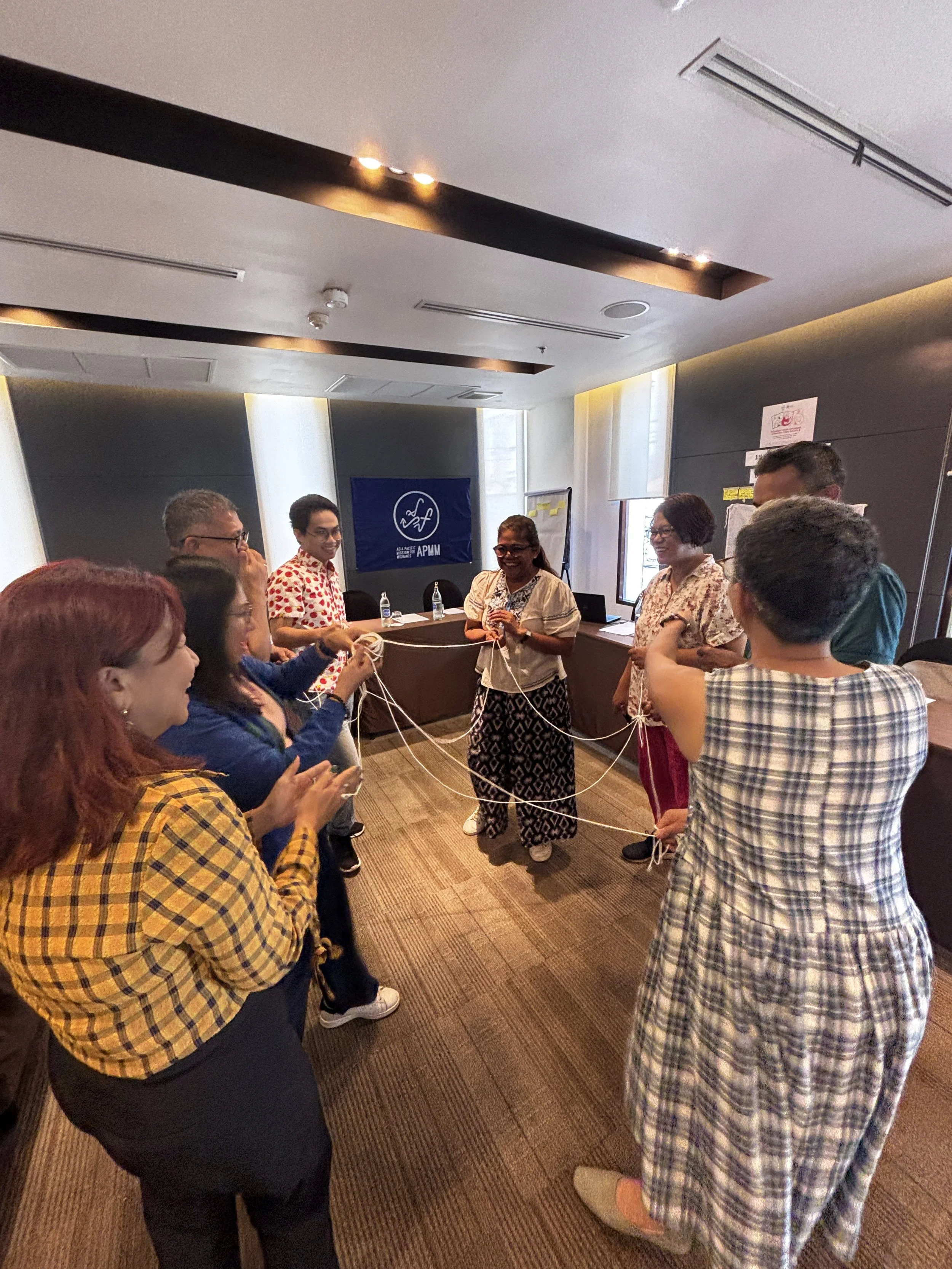
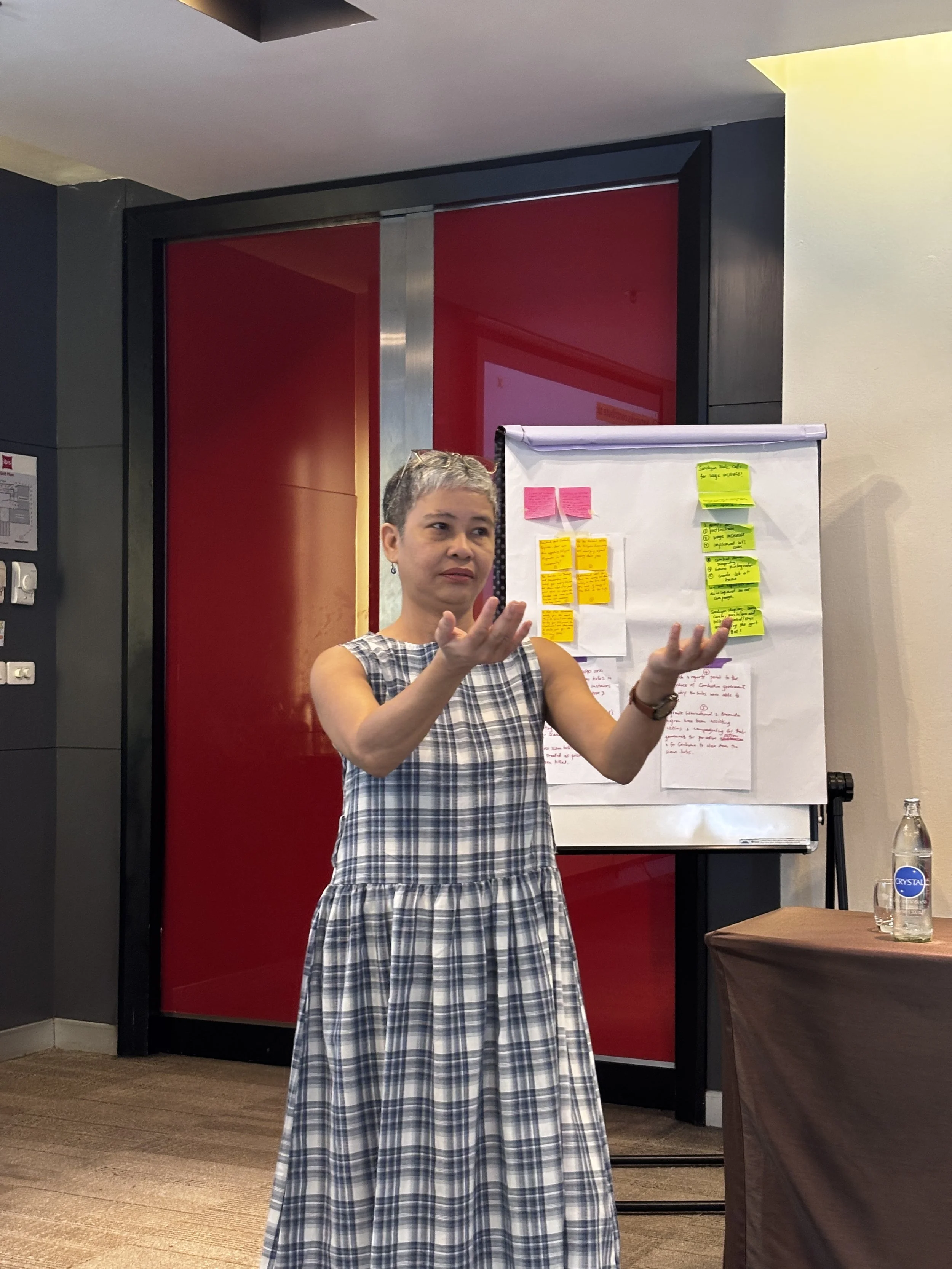



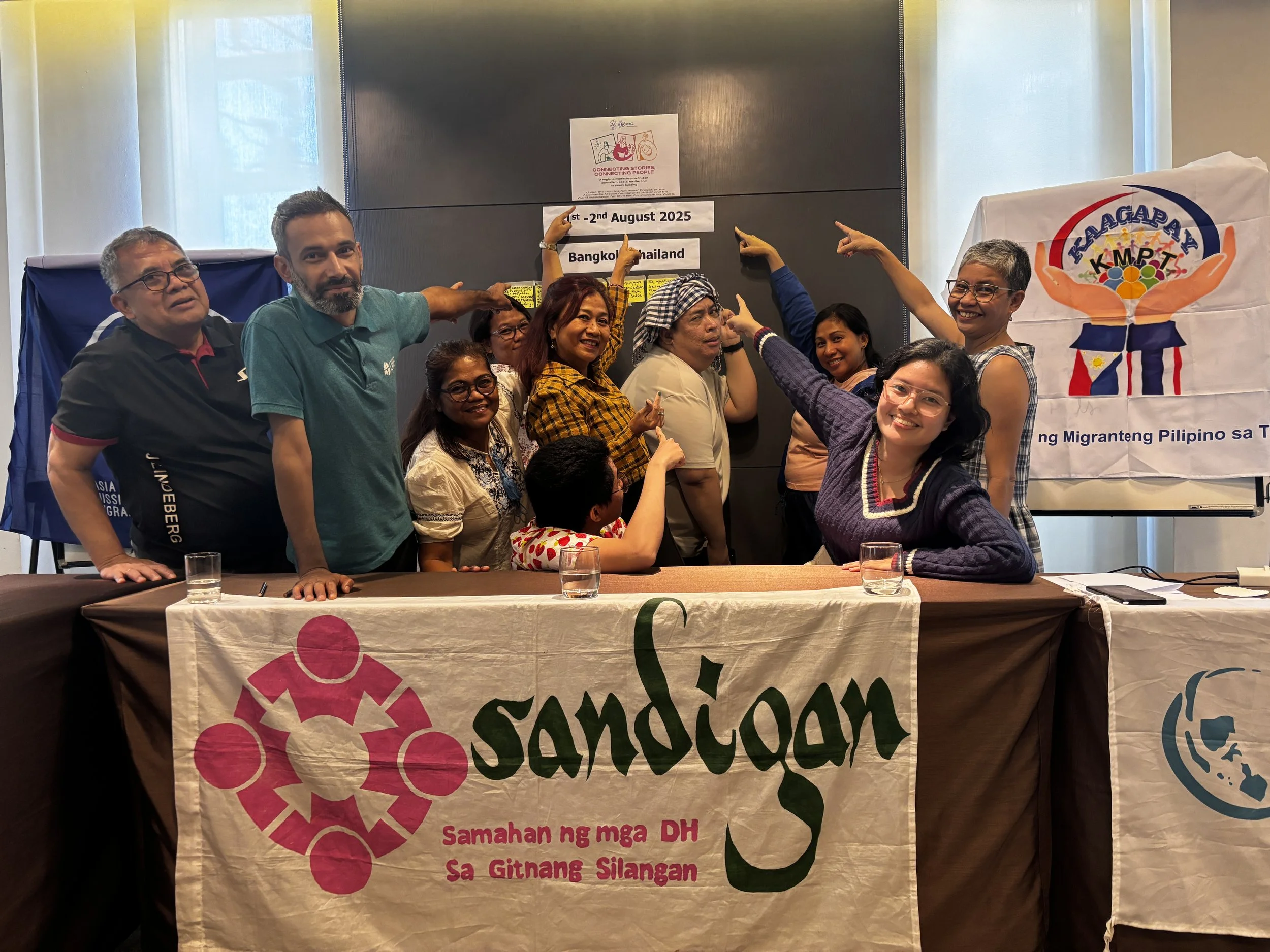

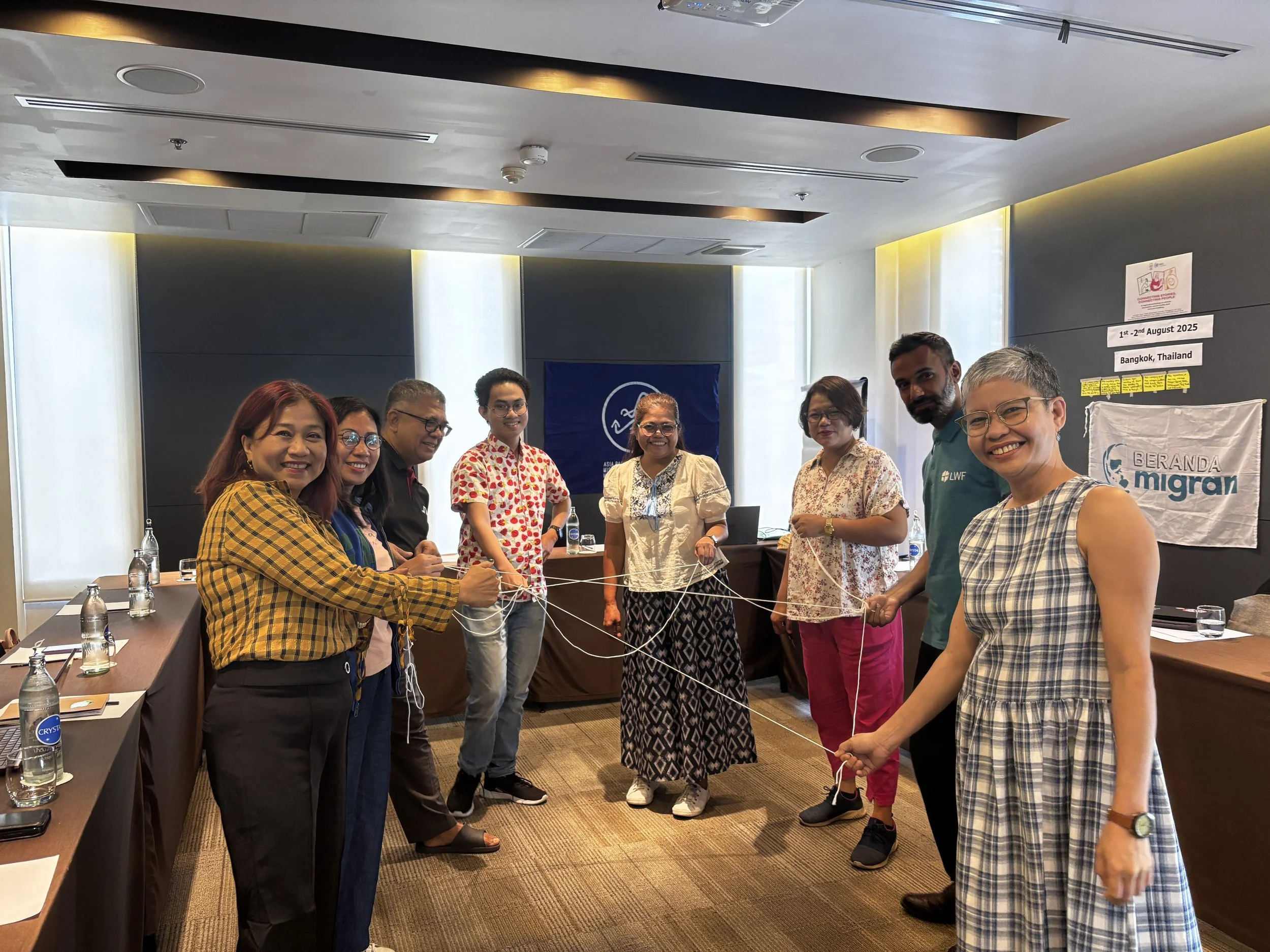




In a world enveloped with too much information, migrants and grassroots organizations are usually left at the backseat of narrative building. This reality is coupled with hindrances that sideline them in important arenas that should supposedly be shaped by their very own stories. In this context, it becomes crucial to mount learning exchanges that can help in leveraging strategies and lessons that amplify migrants’ voices.
To address the need to capacitate migrants and their organizations around effective narrative building and building connections, APMM conducted a regional workshop on citizen journalism and network building last August 1 and 2 in Bangkok, Thailand. This initiative was done under the “You Are Not Alone” project – a three-year endeavor with the World Association for Christian Communication (WACC) that highlights the importance of communications in combating exploitation and labor trafficking.
The two-day activity gathered partners from the Philippines (Samahan ng mga DH sa Gitnang Silangan), Indonesia (Beranda Migran), Nepal (Lutheran World Federation Nepal), Thailand (Kaagapay ng Migranteng Pilipino sa Thailand), Malaysia (Karamay ng Migranteng Pilipino sa Penang), and South Korea (KASAMMA-KO).
The workshop centered on increasing the capacities of partners in effective storytelling and strategizing for broadening alliances with like-minded organizations in their areas of work. Through the activity, APMM and the participants were able to collectively learn from each other, and showcase their curiosities and creativity around citizen journalism and network building.
Foregrounding “Data + Stories”
In all types of journalism, the number one duty is to widen avenues for justice and for seeking accountability from the powers that be. This is one of the key lessons from the citizen journalism workshop which happened on August 1.
Facilitated by Marjohara Tucay, an independent media consultant, the workshop delved into the basics of citizen journalism and its role in amplifying voices from the ground including that of grassroots migrants. The lectures and hands-on exercises specifically clarified the difference between stating facts and truth. The latter, deemed as the more important aspect of citizen journalism, embraces the principle of ensuring that all information being generated serves the purpose of telling the actual realities of those disenfranchised by structural inequities.
The citizen journalism workshop also highlighted the fundamental application of integrating data into impactful stories. Coined and reiterated as “data + stories” by Marjohara, the participants were constantly nudged about the proper use of figures and raw information to tell narratives that matter to migrants and the broader public. Simply stating information is not enough in citizen journalism. What is more critical is the merging of cold data with personal and community stories that show the real implications of structural issues such as exploitation and labor trafficking. This way, audiences are able to recognize emotions and faces that represent both victories of migrant communities and the policies that fail them. Participants also shared how they do the “data + stories” techniques in their own organizations, citing the equal primacy of personal accounts with political analyses of migrants’ issues.
Not only were the partners equipped with important citizen journalism lessons, but they were also able to internalize proper and effective use of social media. Both Marjohara and the participants shared good practices on how they maximize social media to widen reach of migrant-related content. The importance of knowing one’s audience and the core identity of the organization was emphasized as a foundational aspect in propping up social media content and campaigns.
As a practice exercise, participants of the workshop were asked to make 1-minute video content on topics they are most interested in. They showed creativity in their works by applying viral trends, proper camera angles, and appropriate AI tools in getting their messages across without losing touch of genuinely drumming up urgent and important issues that migrants face.
The citizen journalism workshop was concluded by showing the beta version of the WACC online hub, called Sama-Sama, Sangha-Sangha, to the partners. This online hub will house different content such as news, essays, and research papers coming from migrants and advocates themselves. The hub is expected to be officially released in another WACC partners’ meeting in October 2025.
Forwarding Effective Collaborations
The second day of the workshop mainly talked about network building. Led and facilitated by Lorelei Covero, Southeast Asia Coordinator of APMM, the topic was discussed through two lenses - network building as a style of work and as an organizational policy.
The relevance of network building to the participating organizations is linked with the fundamental idea and practice of sharing in the struggle of those who are oppressed. Lorelei clarified that network building is not only done because it is part of the work of civil society organizations, but because it is important to come together for causes that deserve great attention – especially those coming from the global South.
From here, discussions and mini activities around choosing targets and doing credible elevator pitches were drawn. Partners were guided into how network building can benefit organizations especially when doing advocacy work or campaigns. For long term aspirations, network building and management as part of strategic planning was also discussed. Lutheran World Federation Nepal was given the floor to discuss how they join, convene, and manage certain networks in and outside of Nepal as one of their priorities in their organizational plans.
In both ways of doing network building, the importance of doing social investigation around was emphasized. It is considered as the basis of building connections and even of crafting long term plans. Furthermore, applying the principles of international cooperation – mutual benefit, equality and sovereignty, and solidarity – must be upheld at all times to ensure meaningful participation of all organizations involved, most especially of grassroots migrants formations.
WE Are Not Alone
Truly, the citizen journalism and network building workshop was a testament to the growing bond between APMM and the partner organizations. Not only was it a training, but a way for everyone to situate each other’s work in the bigger challenge of addressing exploitation against migrants. The lessons from the workshop were a result of positively coming together and also a tool to leverage country initiatives that will serve migrants and many of their needs.
The event will definitely not just be the last as APMM is gearing towards a more comprehensive partners’ meeting in October in Kathmandu, Nepal. With this, it is aimed to further tighten partnerships and deepen initiatives that will truly and collectively advance migrants’ rights and welfare.
